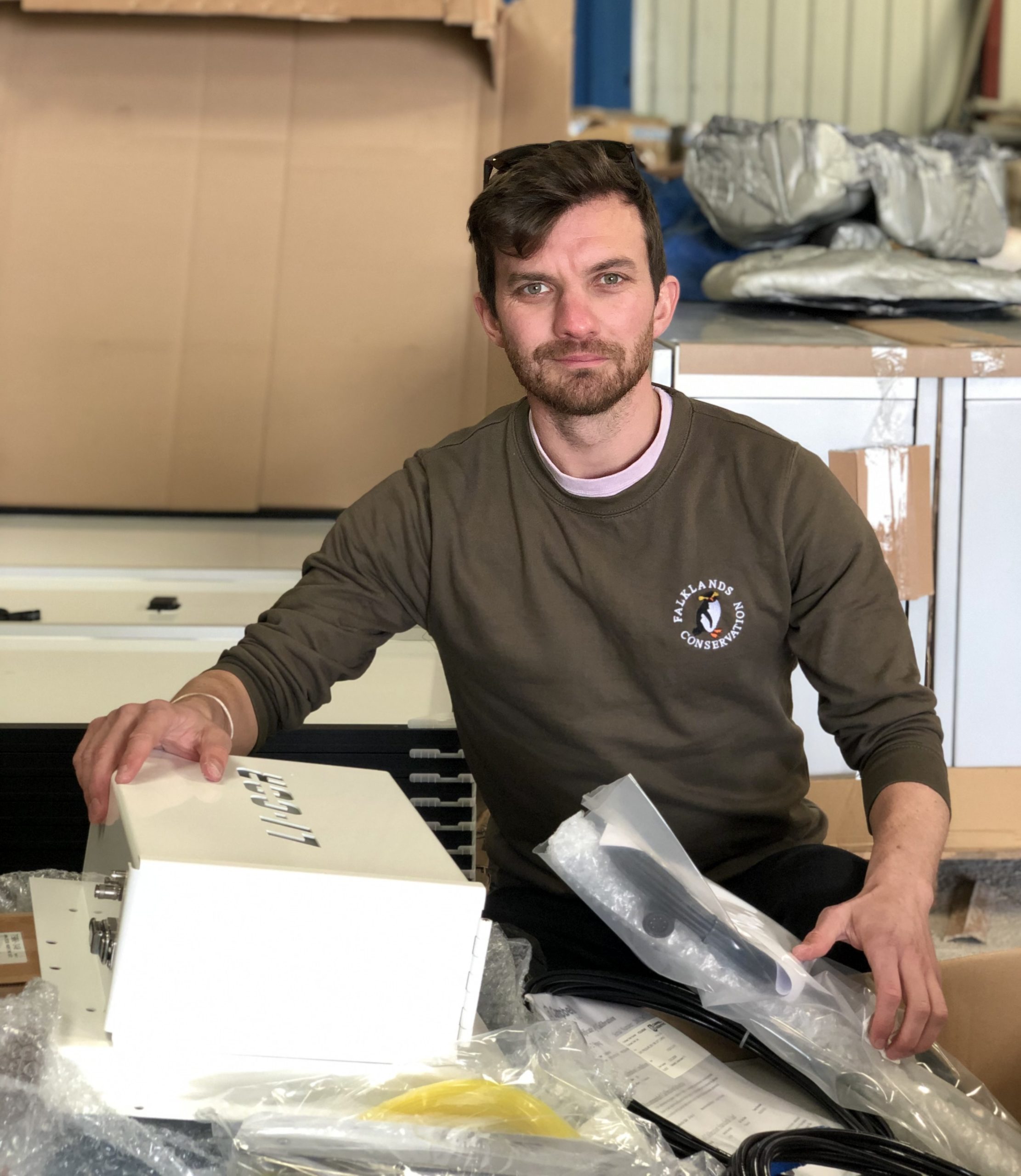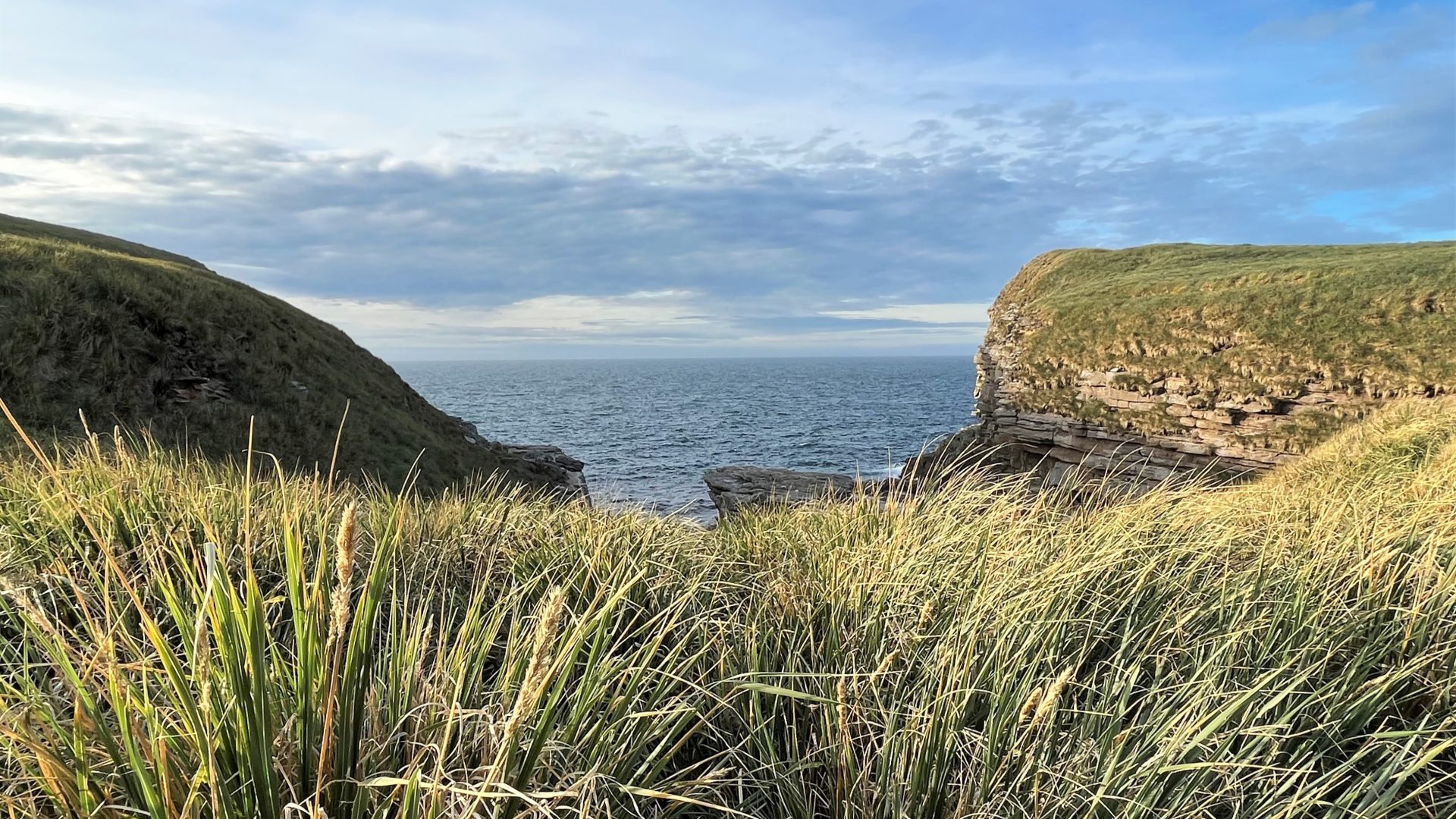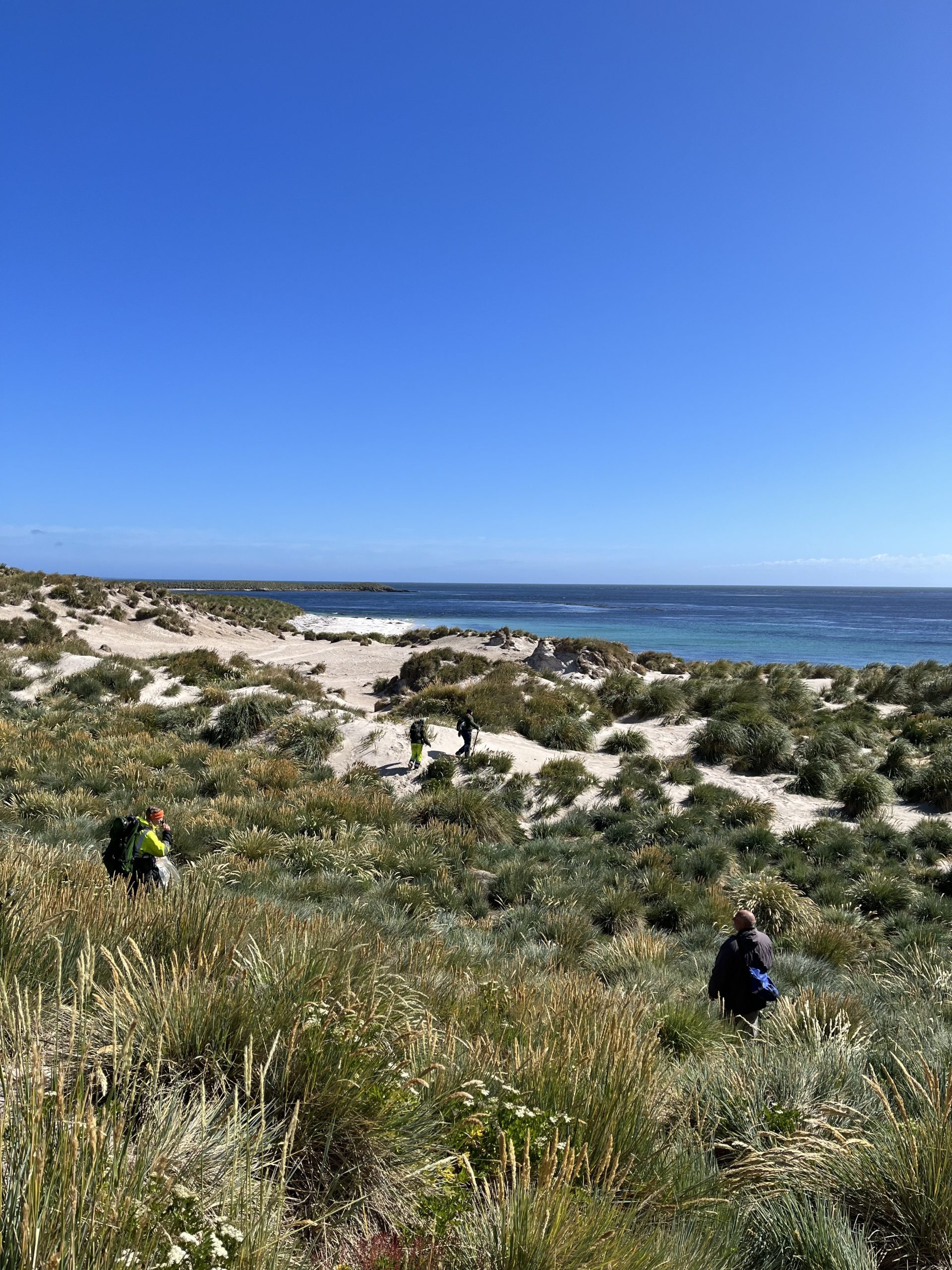The greenhouse gas (GHG) emissions of the Falkland Islands’ extensive peatland habitats are to be studied as part of a project that will examine their carbon sequestration and offsetting potential. The results of the work could lay the foundations for future alternative income in the rural economy and help to restore and conserve the valuable island environments.
The three-year project, titled “Improving Falkland peatland GHG data: understanding carbon sequestration and offsetting feasibility”, is being led by Falklands Conservation and is funded by the UK Department for Environment, Food & Rural Affairs (Defra). The RSK Group is funding the secondment of Project Lead Ben Taylor into Falklands Conservation for the project’s duration.

Ben said: “The project will work in partnership with the community and key organisations, including the Falkland Islands Government, the South Atlantic Environmental Research Institute, the UK Centre for Ecology and Hydrology and the British Antarctic Survey.”
Lead organisation Falklands Conservation recently introduced the project at an annual “Farmers’ Week” event, which brings together a large proportion of the island community. The introduction served to highlight a pressing challenge for the community – to improve the situation for the environment and those whose livelihoods depend upon it, particularly in the face of a changing climate. This requires practical everyday solutions for getting things done and the development of long-term targets – which this project aims to deliver against.
The project will look at peatland soils and their habitats, with an initial focus on tussac and white grass. A range of methods will be employed to collect data, from peat core sampling to measuring GHG emissions with flux chambers and towers. Study sites will target different habitat conditions and areas under different pressures, the emissions data from which will serve to indicate the potential benefits of conservation intervention.
Ben said: “An important part of this will be the input of knowledge from those people who own, manage and use the land. The outputs will inform the feasibility of carbon offsetting opportunities (in which buyers can invest in projects that reduce carbon emissions to offset their own) here in the Falklands. If the project indicates offsets are feasible, it lays the foundations for the development of a Falkland-Islands-specific carbon code for peatlands. This is critical to ensure robust deliveries and avoid ‘greenwashing’ projects.”
Ben added that measurements of GHG emissions from the extensive peatland habitats of the islands can be incorporated into the Falkland Islands’ national GHG budgets, providing an improved understanding of these values and impacts and enabling more informed decision-making.
“Ultimately, prevention has always been better than cure. The preservation of the remaining areas of habitat in good condition and reversing existing degradation are sound conservation moves, affording benefits now and into the future for the Falkland Islands. This project hopes to facilitate such an approach through the eventual realisation of a diversified rural income opportunity – delivering socio-economic benefits and enhancing the natural environment.”




